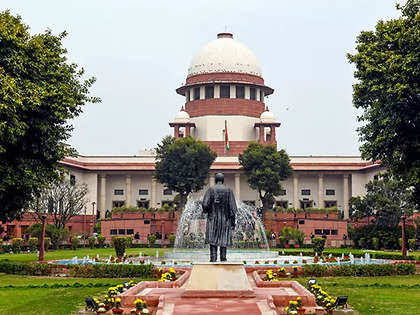A Bench of Justices Sanjiv Khanna, Sanjay Karol and PV Sanjay Kumar today dismissed the Madhya Pradesh’s government appeal against acquittal of an accused in a case under the Protection of Children from Sexual Offences Act (POSCO Act).
“Awareness is still not there that age of consent has been increased from 16 to 18. Else families can intervene and while opposing also say wait till 18,” Justice Khanna remarked before disposing of the matter.
The age of consent was increased from 16 to 18 in India in 2012, with the enforcement of the POSCO Act and subsequent amendments to the Indian Penal Code (IPC).
The problems in proceeding with trial in POCSO cases involving consenting girls have been flagged by multiple members of the judiciary since consensual romantic and sexual relationships involving young girls often lead to prosecution against the male partner.
Many a time, the couple would be married with kids by the time trial starts posing further problems since punishing the accused would mean the woman and the child would be left to fend for themselves.
Chief Justice of India DY Chandrachud had in December 2022 noted that the current age of consent under the Act poses difficult questions for judges dealing with such cases, and that the growing concern surrounding this issue needs to be considered by the legislature.
Former Supreme Court judge Justice Indira Banerjee had earlier that year echoed the same view.
The Madhya Pradesh High Court had last year urged the Central government to reduce the age of consent for sex to 16, to redress the “injustice going on with adolescent boys” who enter into consensual sexual relationships.
The 22nd Law Commission chaired by Justice Ritu Raj Awasthi in September last year, however, took the view that the existing age of consent of 18 years should not be tinkered with.
The Commission instead proposed amendments to the POCSO Act to address situations where there is approval, even if not explicit consent in the eyes of the law, from children aged between 16 and 18 years who are in intimate relationships.
According to the Commission, such cases should not be treated with the same severity as other offences under the Act.



